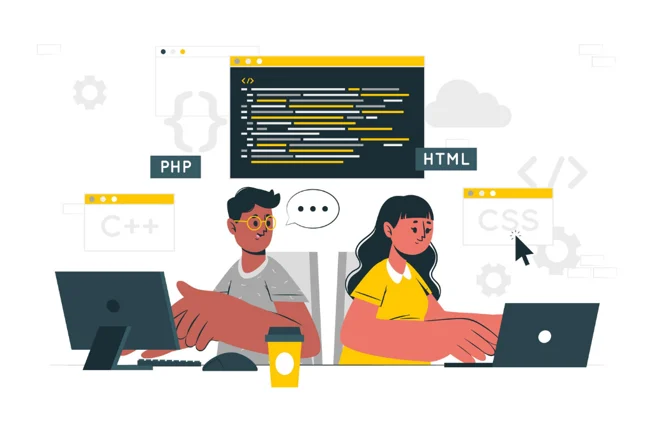The Role and Impact of AI Tools in Modern Industries
Artificial Intelligence (AI) has grown from being a niche field of research to a transformative force shaping the future of industries worldwide. Integrating AI tools into various sectors has led to remarkable advancements, driving efficiency, enhancing creativity, and redefining workflows. From healthcare to marketing, manufacturing to education, the applications of AI are as diverse as they are impactful.
Revolutionizing Efficiency Across Industries
One of the most significant contributions of AI tools lies in automating routine and repetitive tasks. By leveraging machine learning and data analysis, businesses can streamline operations, reduce errors, and save valuable time. For instance, in finance, AI-powered algorithms process vast amounts of data to detect fraudulent transactions, manage risk, and even forecast market trends. Similarly, in manufacturing, AI tools enhance productivity by optimizing supply chains, maintaining equipment through predictive maintenance, and ensuring quality control through advanced image recognition systems.
Driving Innovation in Healthcare
The healthcare industry has experienced groundbreaking changes with the adoption of AI tools. Advanced diagnostic systems powered by AI can analyze medical images, such as X-rays and MRIs, with remarkable accuracy. These tools assist doctors in identifying diseases like cancer at an early stage, leading to better patient outcomes. Moreover, AI is revolutionizing drug discovery by analyzing complex datasets to identify potential drug candidates, significantly reducing the time and cost of bringing new treatments to market. Virtual health assistants and chatbots also provide patients with personalized care, answer queries, and remind them to take medication.
Enhancing Creativity with AI Image Generators
Creativity, often considered a uniquely human trait, is now being augmented by AI tools such as an AI photo generator. These tools use advanced algorithms to create stunning visuals based on textual descriptions or inputs. Industries like advertising, entertainment, and design benefit greatly from AI image generators, as they can produce content quickly and cost-effectively. For example, marketers can use AI-generated visuals to create eye-catching campaigns tailored to specific audiences. Artists and designers, too, find these tools invaluable for brainstorming and generating inspiration. AI image generators are redefining the artistic process by enabling rapid prototyping and reducing the barriers to creativity.
Personalizing Customer Experiences
In marketing and retail, AI tools are enhancing how businesses interact with their customers. Recommendation systems powered by AI analyze customer behavior to suggest products or services tailored to individual preferences. Think of how streaming platforms like Netflix suggest shows based on your viewing history or how e-commerce sites recommend items you’re likely to purchase. This level of personalization not only boosts sales but also fosters customer loyalty by providing a seamless and engaging experience.
Addressing Challenges and Ethical Considerations
While the benefits of AI tools are undeniable, their rapid adoption has raised important ethical and societal questions. Issues such as data privacy, algorithmic bias, and the potential displacement of jobs demand careful consideration. Industries must ensure that AI tools are implemented responsibly, with transparency and accountability at the forefront. Collaboration between policymakers, technologists, and business leaders is crucial to addressing these challenges and ensuring that the advantages of AI are shared equitably.
The Future of AI Tools
As AI technology evolves, its tools will become more sophisticated, intuitive, and accessible. Industries that embrace these advancements will be better equipped to adapt to changing market dynamics and drive innovation. However, fostering an environment where humans and AI collaborate effectively is equally important. By leveraging both strengths, businesses can unlock unprecedented potential and contribute to a future that is not only technologically advanced but also human-centric.
In conclusion, AI tools are more than just a technological trend; they are a transformative force reshaping modern industries. These tools have become indispensable by improving efficiency, enhancing creativity, and delivering personalized experiences. As we navigate this AI-driven era, it is essential to harness its potential responsibly, ensuring its benefits are realized across all sectors of society.







